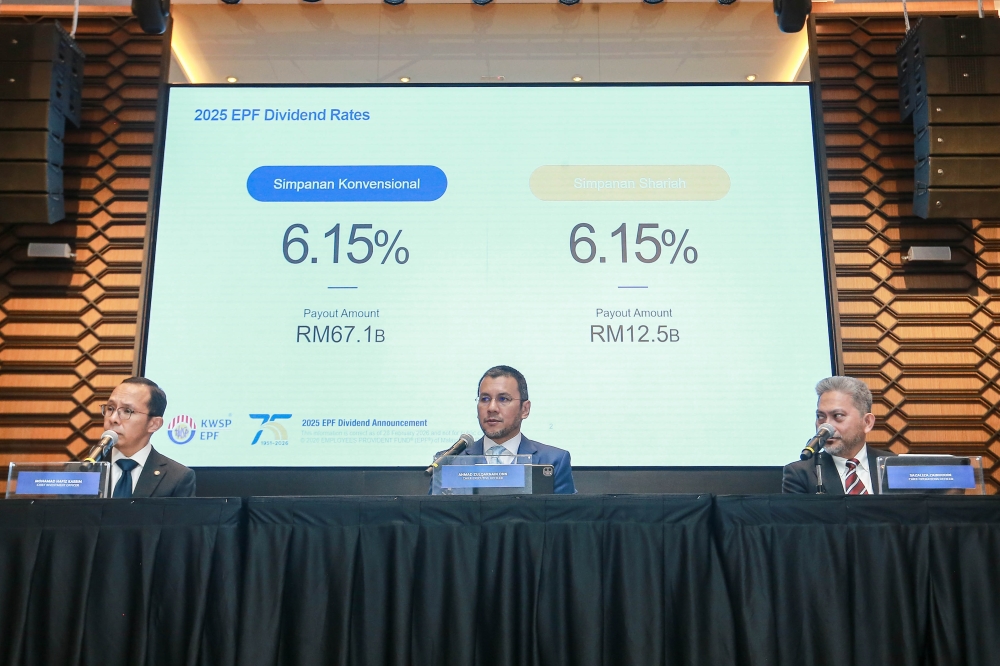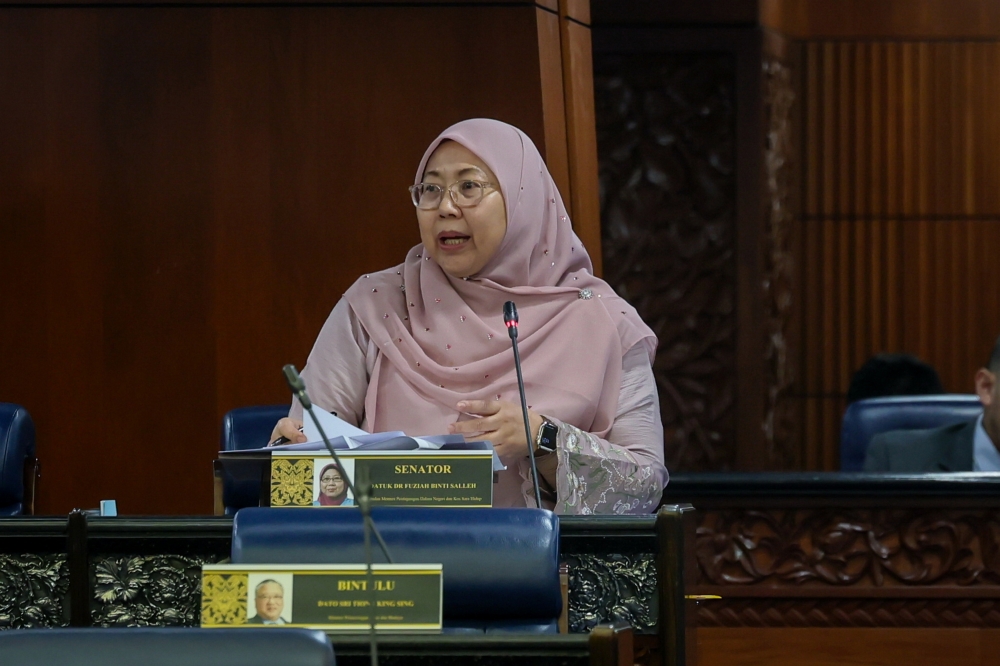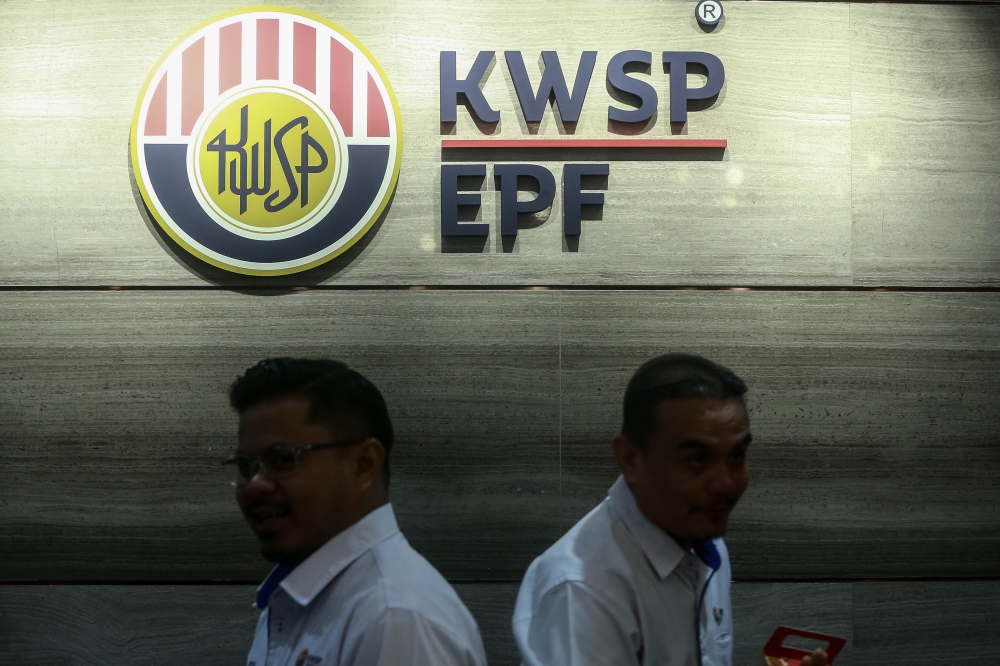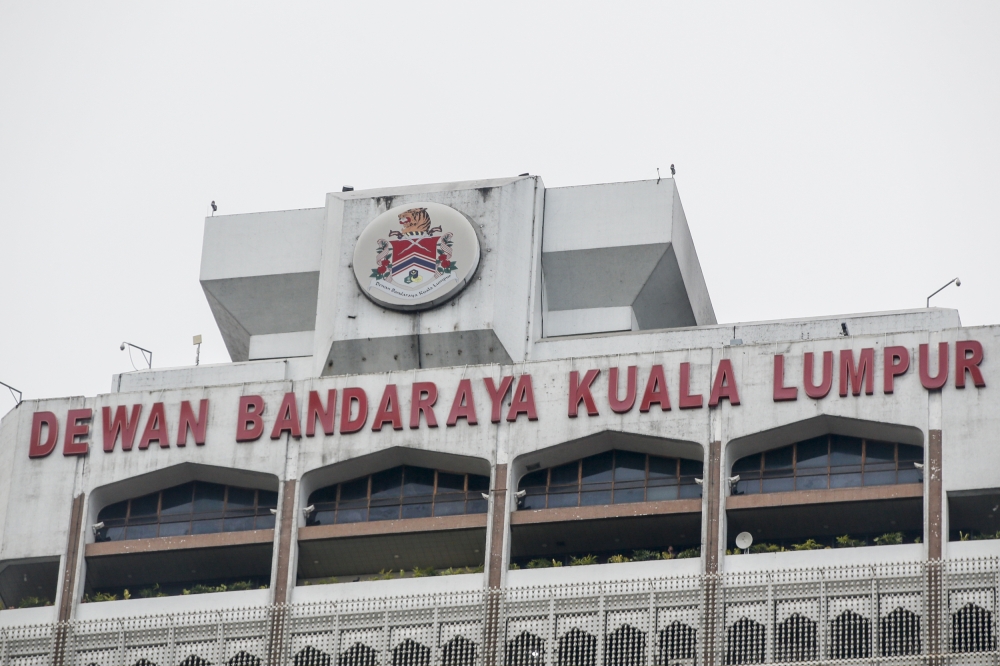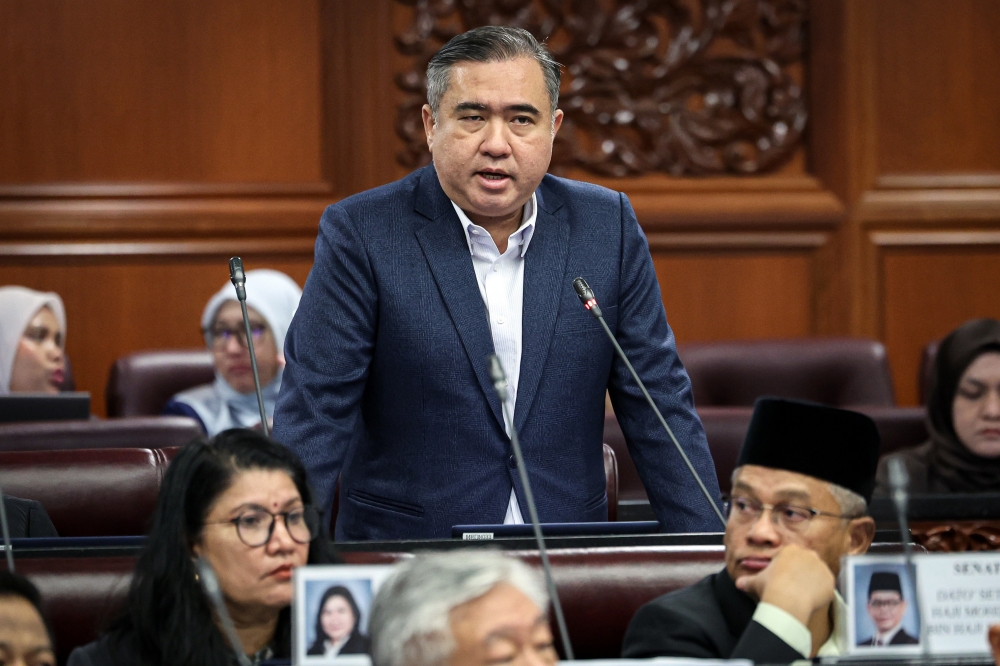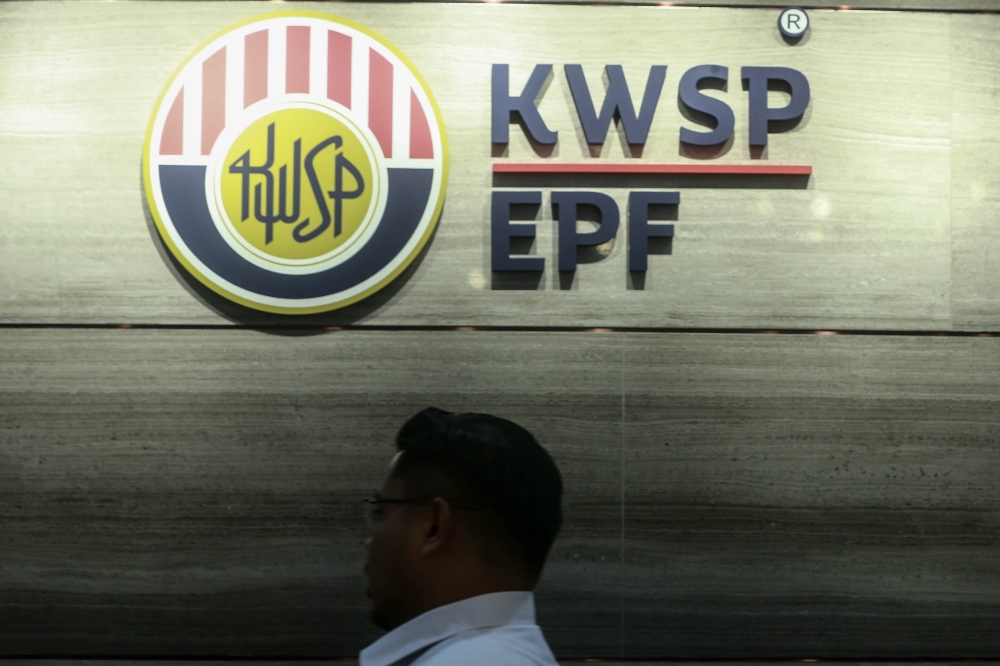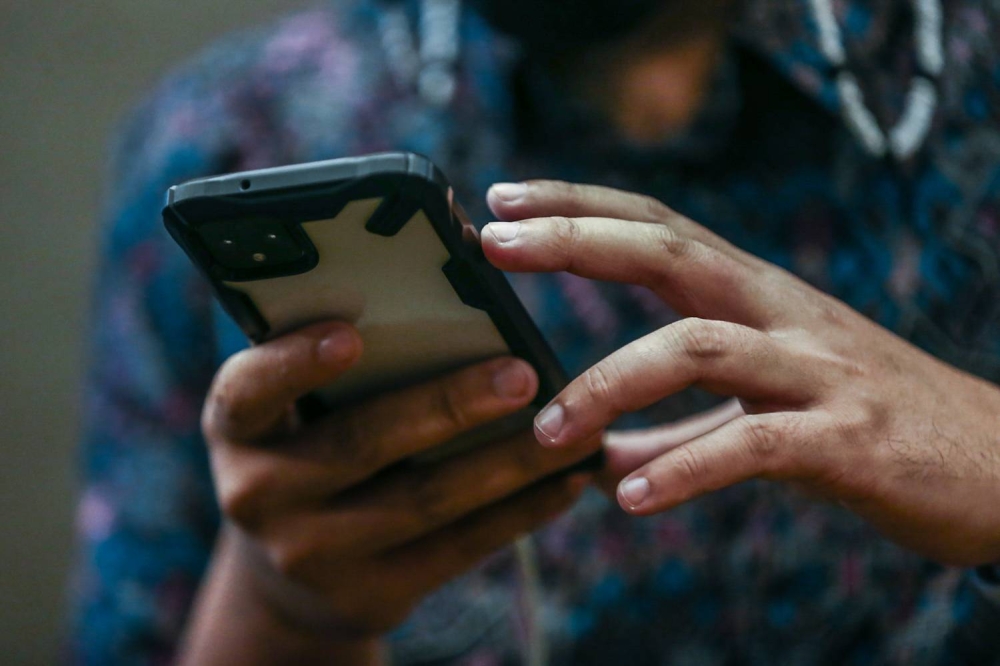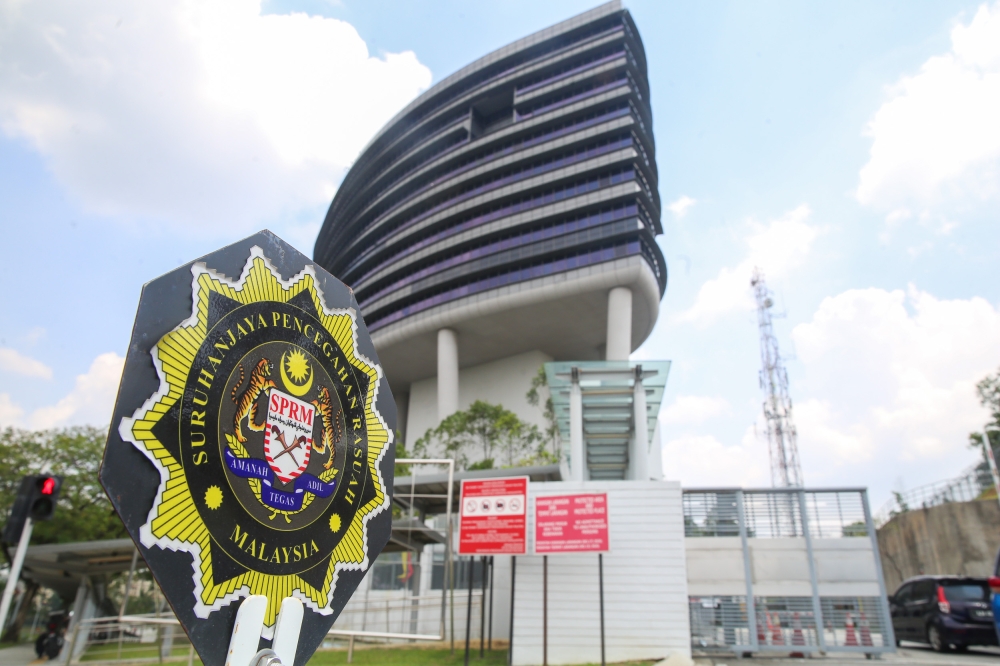KUALA LUMPUR, Dec 7 — The change of government and the sense of optimism it has brought in some voters have, among others, seen the resurfacing of several scams offering financial aid to the public.
At the end of November, fact-checking initiative JomCheck received a copy of a text message promising RM1,000 of financial aid for the bottom 40 per cent (B40) and middle 40 per cent (M40) households via the Touch 'n Go (TnG) e-wallet, referencing the recent aid promised in the Budge 2023 tabled prior to the dissolution of Parliament.
TNG Digital Sdn Bhd, the owner and operator of the e-wallet has since denied that this was the case.
"Touch ‘n Go eWallet would like to highlight that this SMS message, as well as other SMS or email messages with a similar modus operandi, are phishing attempts by scammers to access users’ personal details via their e-wallet accounts,” its spokesman said.
The e-wallet operator also cautioned users against clicking on the given links in such messages, adding that it would never send out any messages asking users to log into their e-wallet accounts through any links.
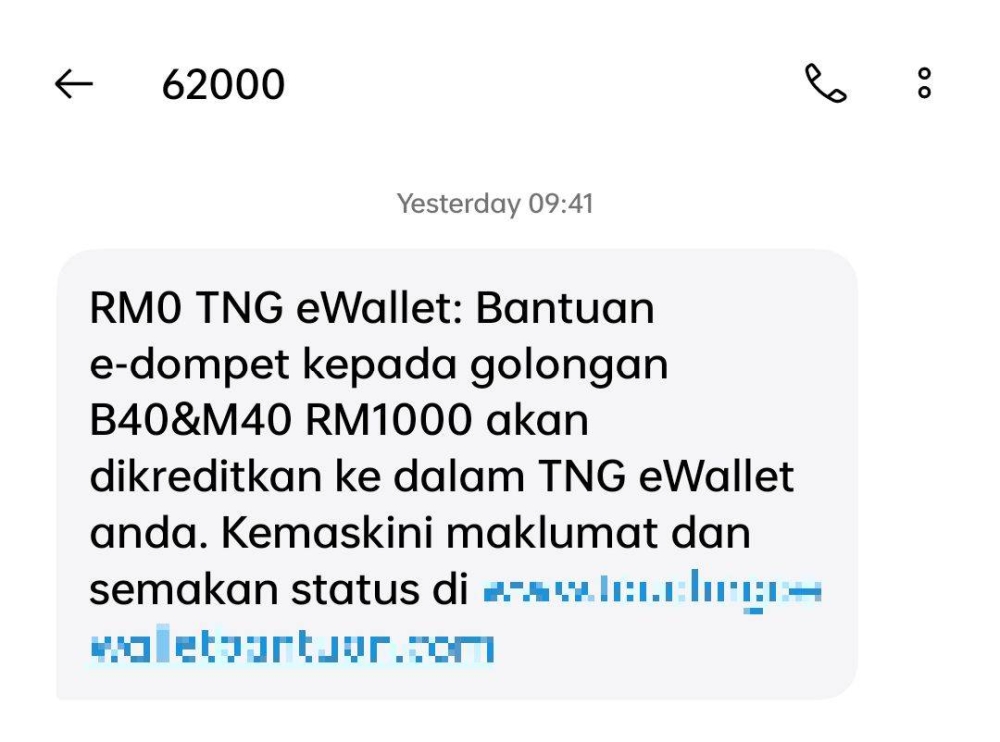
In October, then-finance minister Datuk Seri Tengku Zafrul Abdul Aziz announced a payout of RM100 in e-wallet credit for M40 households while tabling the budget, with RM800 million allocated by Putrajaya for the initiative.
This latest scam followed others that have used TnG's name in the previous year, as documented by complaints to the e-wallet's Twitter account.
In July, Twitter @xyes pointed to a text message claiming that a Covid-19 financial aid worth RM800 would be credited if the user check their balance through a fraudulent link.
In August, Twitter user @aisyahulya told TnG that a text message had told her to reauthenticate her e-wallet account through a fraudulent link, adding that her account would be frozen otherwise.
TnG responded to such posts by informing the recipients that the text message received was a scam, and that such incidents were in the process of being reported to the Malaysian Communications and Multimedia Commission (MCMC).
It also asked those who have received such messages to ignore them and to inform themselves of common scam tactics.
In response, TnG in November announced that it will incorporate five security measures implemented by Bank Negara Malaysia (BNM) by the first quarter of 2023.
They are: migrating from an SMS one-time password to a more secure authentication method; tightening fraud rules and blocking suspicious transactions; verification and cooling-off period for first-time enrolment of services, secure device, or profile document; restrict authentication of e-transactions to one mobile device or secure device per account holder; and having a dedicated customer service channel or hotline for incident reports and suspicions of scams and fraud.
Besides this latest TnG scam, Subang Jaya state assemblyman Michelle Ng Mei Sze had also on November 27 highlighted digital posters promising financial aid from the new Datuk Seri Anwar Ibrahim administration.
Same device used by opponents in Selangor. They'll issue fake news of policies that sound good, but which do not exist. When govt comes out to dispel these news, expectations become unmet. It's a horrible psychological device to fuel perception of underperformance. pic.twitter.com/Orj2QpJl4J
— Michelle Ng Mei Sze | 黄美诗 (@michellengms) November 27, 2022
One of the images used the background of a grocery cart filled with typical groceries such as fresh produce, baked goods and cans and bottles.
It was titled "Food Help Programme MyKasih” and explained that RM100 will be provided for three months.
It also directed the viewer to a link similar to semakan.my, a web portal that provides updates on the latest information.
However, Michelle attributed the scams to Pakatan Harapan’s (PH) political rivals in Selangor.
"They'll issue fake news of policies that sound good, but which do not exist. When the government comes out to dispel this news, expectations become unmet,” she said.
She also called it "a horrible psychological device to fuel the perception of underperformance”.
One of the websites listed in these posters, ikerajaan.com.my, has since distanced itself from the posters and said that it is not affiliated with the government or any government agencies.
"Many of our posters have been doctored by the cybertroopers of political parties,” it said, referring to people who are paid to disseminate political propaganda on the internet, particularly on social media platforms.
Harap maklum, ada orang sebar Fake News lagi. Perlu tindakan tegas, segera.@MCMC_RASMI telah dihubungi untuk tindakan lanjut.#TakPastiJanganKongsi#SemakSebelumSebar pic.twitter.com/LFKdOLZ2G6
— Fahmi Fadzil (@fahmi_fadzil) November 29, 2022
Another that was linked to the posters was salamkerjaya.com, which said its posters have been doctored and spread around.
It highlighted that the edits can be detected through the use of a different font and inappropriate image choices.
"This is an indication that the poster was never issued by us,” it said in an article on the site.
Digital communications minister Fahmi Fadzil has since said that one of his top priorities after clocking in yesterday would be to tackle online scams, in addition to tackling data protection and misinformation on social media.
On November 25, during the presentation of the Selangor state Budget for 2023 Selangor Mentri Besar Datuk Seri Amirudin Shari announced the formation of a Cyber Emergency Response Team Selangor (CERT Selangor) next year.
"A cyber security ecosystem that is capable of identifying, detecting and closing the gaps or cyber security system exploitations, data as well as information and communications technology (ICT) under the administration of the Selangor state government is very much needed to reduce risks of exposure, theft and misuse of the data of the people of Selangor by cybercriminals,” he said.
This year alone Malaysia has been hit by multiple data breaches, from the leak of 11 million Malaysian WhatsApp numbers to the leak of the official records belonging to 22 million Malaysians being sold on a well-known database marketplace forum.
Malay Mail is a partner of JomCheck, a fact-checking network of Malaysian media, academia, and civil society.
Malay Mail readers can submit requests for fact-checking by sending a claim to JomCheck's tip line at +6017-477 6659 (WhatsApp text only, no calls).

